
Making Australia’s most liveable city more inclusive
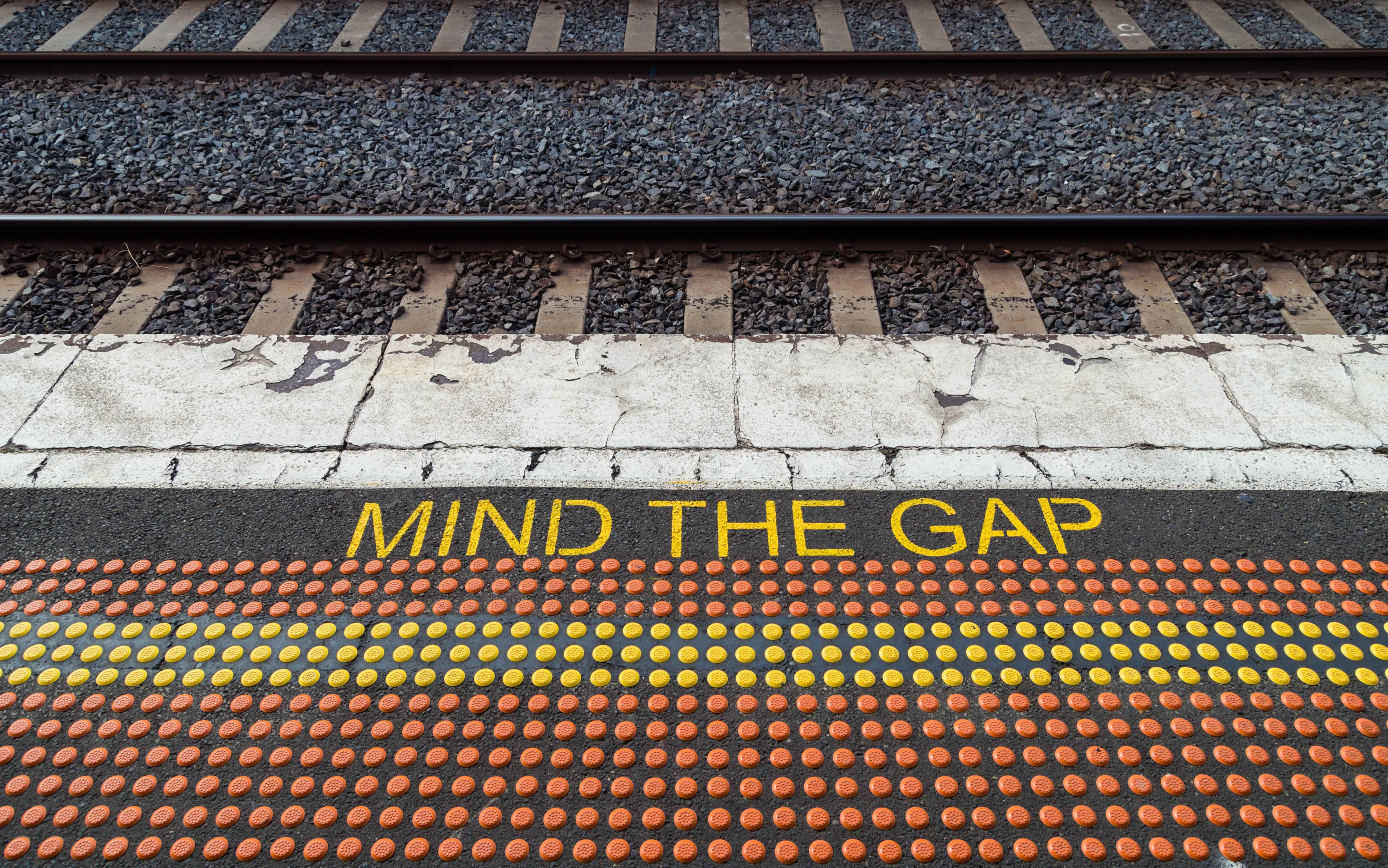
Melbourne is a great city to live in, but it can do better for people with a disability by making it more accessible and inclusive
Published 29 September 2019
“One day, I’d love to not have to think about accessibility. Every building, event and public transport option in Melbourne would be wheelchair accessible and I could simply go about my day like everyone else, not having to plan my day around accessibility.”
These are the words of wheelchair user Stacey Christie.
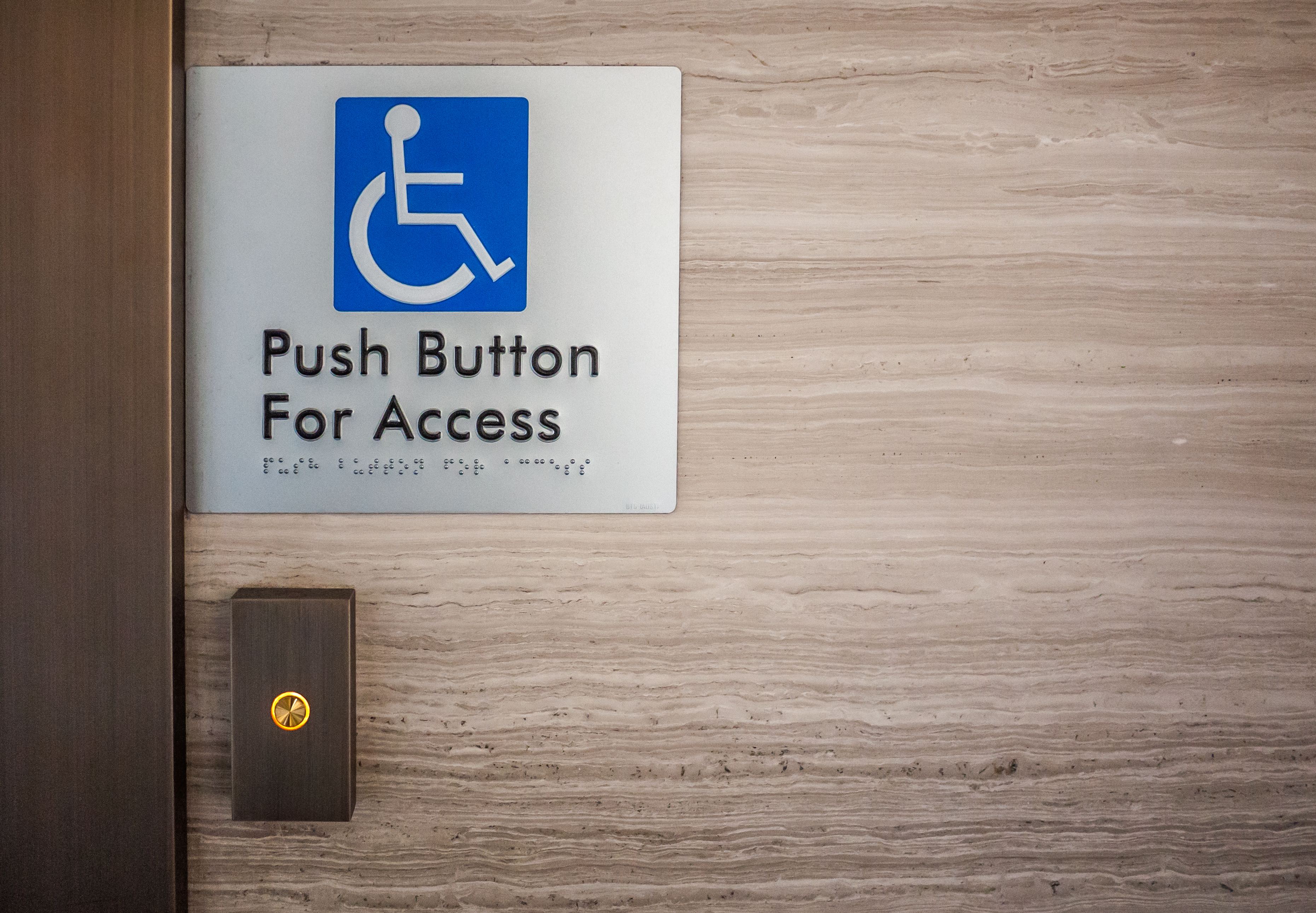
Stacey’s challenge navigating the city is just one example of many experienced by Australians with a disability who have accessibility needs.
And that needs to change.
As a result, the City of Melbourne and Melbourne Disability Institute at the University of Melbourne have been collaborating to improve accessibility in and around the city for people with disability by gathering evidence that can go on to inform key policy.

By bringing people with disability together with local government, advocacy groups and academics, we were able to identify ways to make the City of Melbourne more inclusive for people with disability.
Our research brought 79 people together in five workshops, each focusing on a different disability type: physical and mobility, sensory, intellectual, and psychosocial disability and one mixed disability group, using a method called Group Concept Mapping – a tool for participatory research.
These workshops generated 240 unique ideas to make the City of Melbourne more inclusive. From there, these ideas were organised into themes, and then rated on importance and feasibility of implementation.
All with a focus on improving access around Australia’s most liveable city.
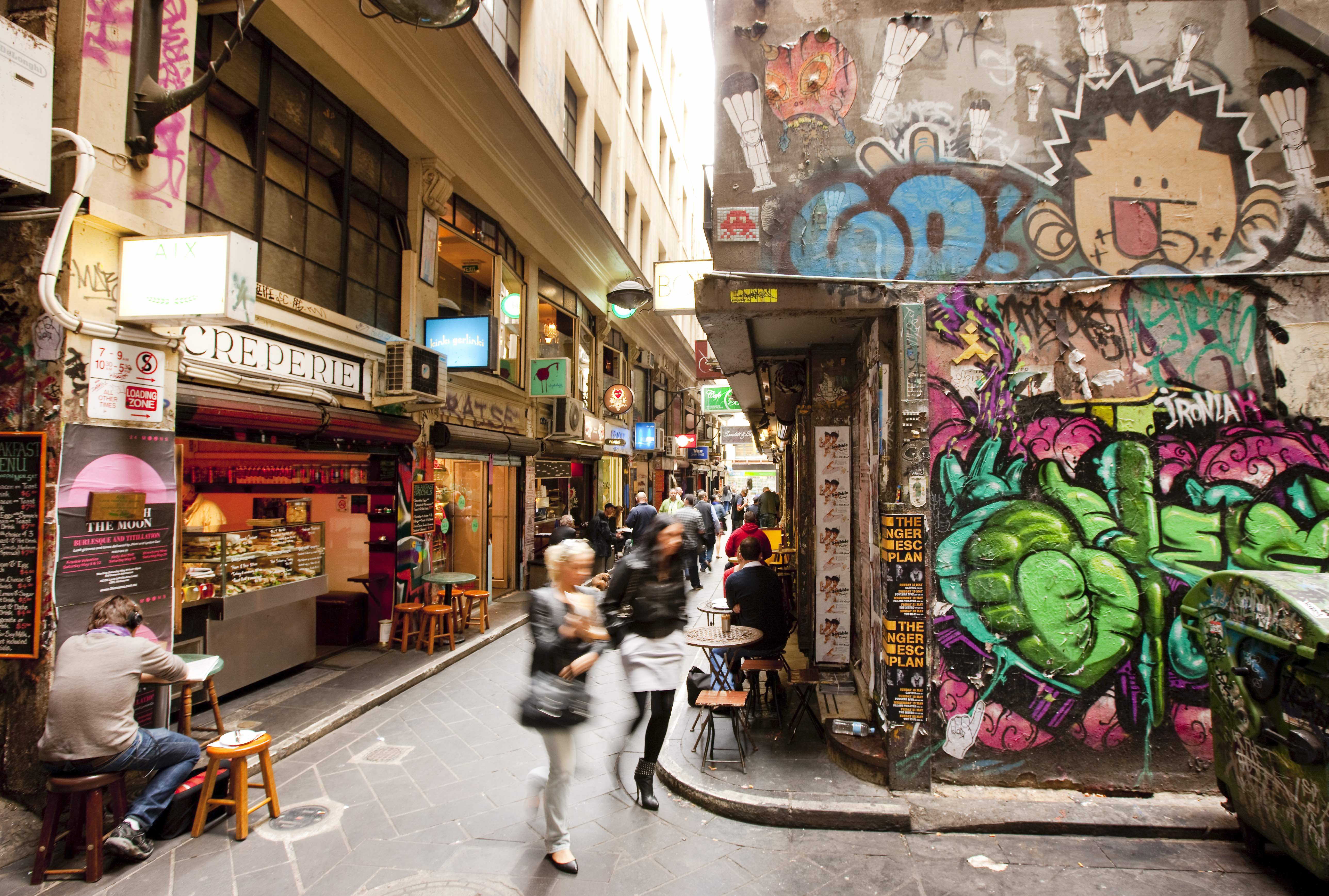
Improving transport and mobility
Public transport and mobility featured prominently in discussions, but in each workshop, it was raised for different reasons.
Heather Lawson is a deafblind artist and a founding member of Deafblind Victoria.
“I visit the city a lot. It has good access, with lots of public transport. There have been many improvements to the City of Melbourne, but there are many more to go,” she says.

Health & Medicine
Is life getting better for people with disabilities?
Physical accessibility of trams and trains, as well as station and tram stop design were raised by people with physical and mobility disability, and sensory disability.
Meanwhile communication accessibility, including the need for easy-to-understand, accurate announcements with key information repeated, was important for people with sensory disability, intellectual disability and psychosocial disability.
A friendly approach by transport staff was important for people with psychosocial disability.
Footpaths for everyone
All workshops generated ideas about footpaths, including ideas related to reducing clutter and tripping hazards, and conflict of use, as well as improving cleanliness and wayfinding.
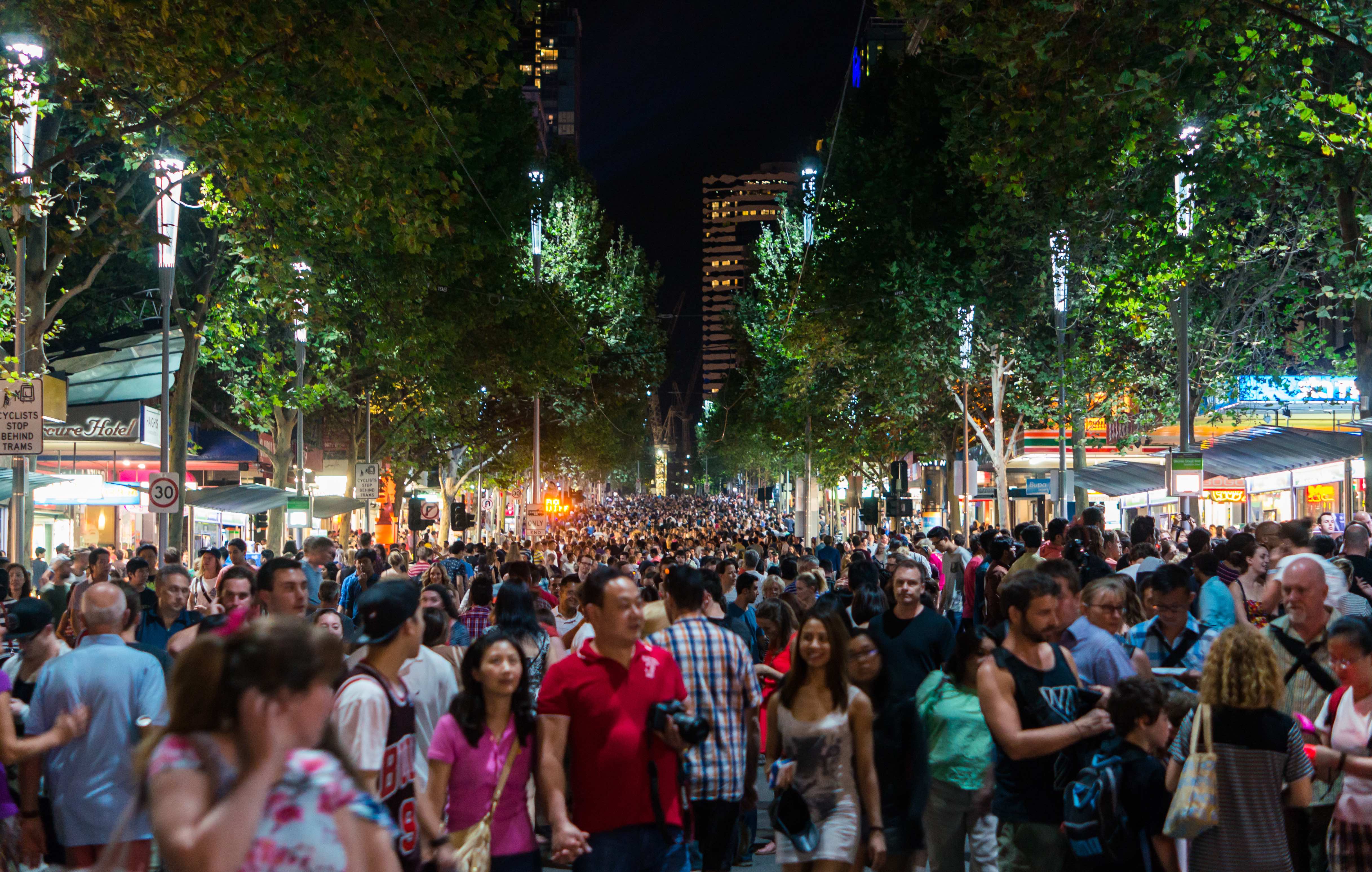
Our workshop participants stressed challenges associated with blind spots around corners, poor kerb design, lack of rest spots and insufficient footpath width.
The importance of consultation
The need to consult people with disability in policy decisions was raised repeatedly throughout the study.
Many highlighted self-determination principles like ‘nothing about us without us’; meaning that decisions that impact on people with disability must involve direct input from these people who live, work or spend leisure time in the City of Melbourne.

Health & Medicine
Why all jobs aren’t equal for people with disabilities
Our participants also stressed the need to consult people with disability in the design of legislation, building codes and the Disability Discrimination Act.
There’s also the need to involve people with lived experience in compliance with legislation, education about legislation, as well as updates to legislation and design that align it with new technology and universal design principles.
Challenges of implementation
It’s worth acknowledging that there are many issues that local government are restricted in actually acting upon.
For example, many of the ideas raised in our study relate to the accessibility of trams stops. And while these stops may be located within a given local government area, they have limited influence over their design.
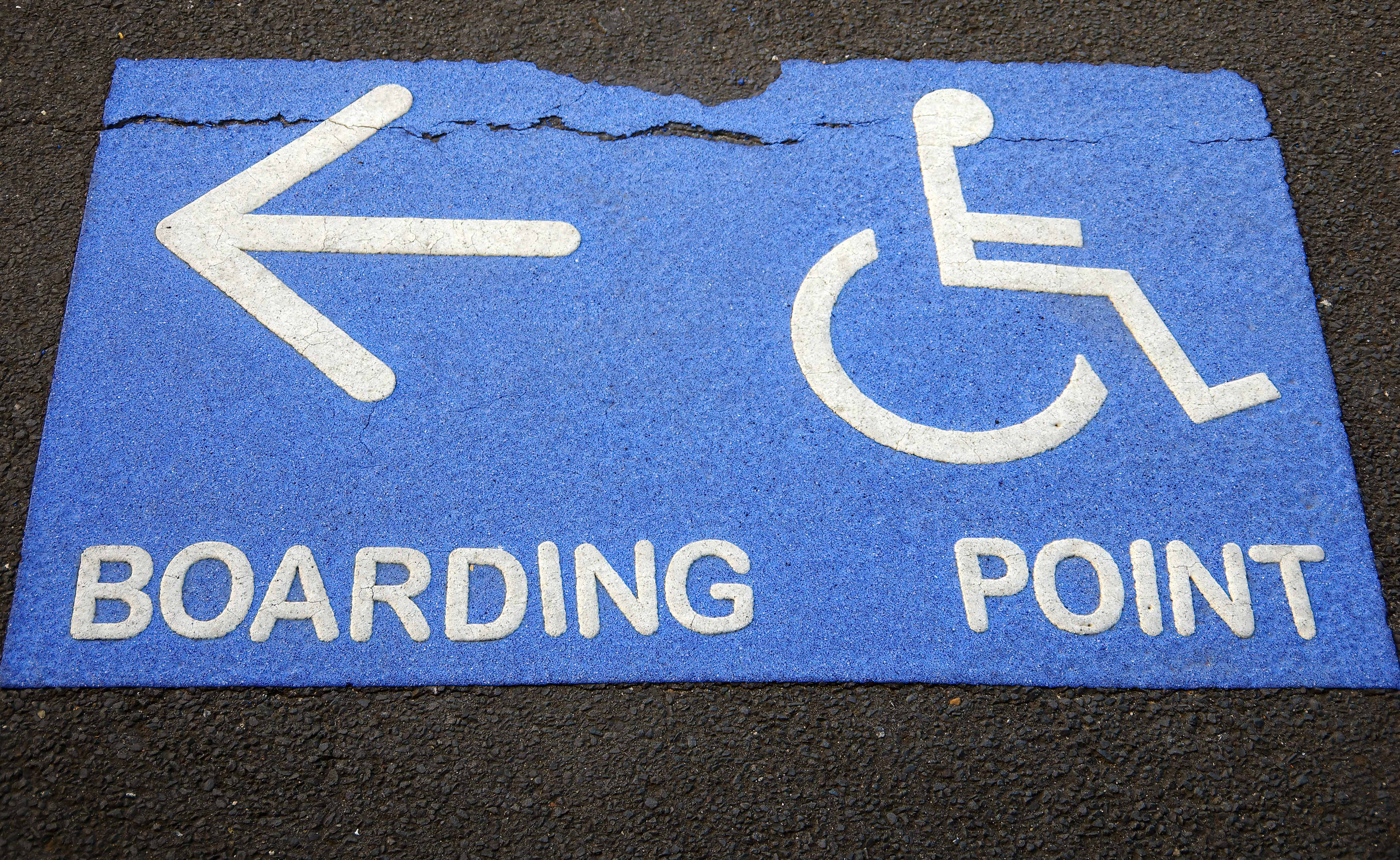
We hope that the model we’ve developed as part of this study can be used by other local governments to develop disability access policies that actively include the views of people with disability as a key part of the policy process.
The City of Melbourne is a key partner in our research.
They committed significant resources to realise this project, and help it reach its potential. Now, there are the next steps.
The City of Melbourne needs to commit to implementing the recommendations within a defined timeframe, along with ongoing consultation or ‘embedding’ people with disability in the policy development.
It’s only through extensive collaboration that Melbourne can become Australia’s most liveable, and accessible, city for everyone.
This project was funded by the Melbourne Sustainable Society Institute supported by the Lord Mayor’s Charitable Foundation and the Melbourne Disability Institute, with in-kind support from the City of Melbourne. Dr Rachele is supported by the National Health and Medical Research Council (NHMRC) Centre for Research Excellence in Disability and Health and an ARC Discovery Project. The team would like to acknowledge the valuable contributions of the Melbourne Disability Institute – City of Melbourne Steering Committee, and the Disability Advisory Committee of the City of Melbourne.
Banner: Shutterstock


